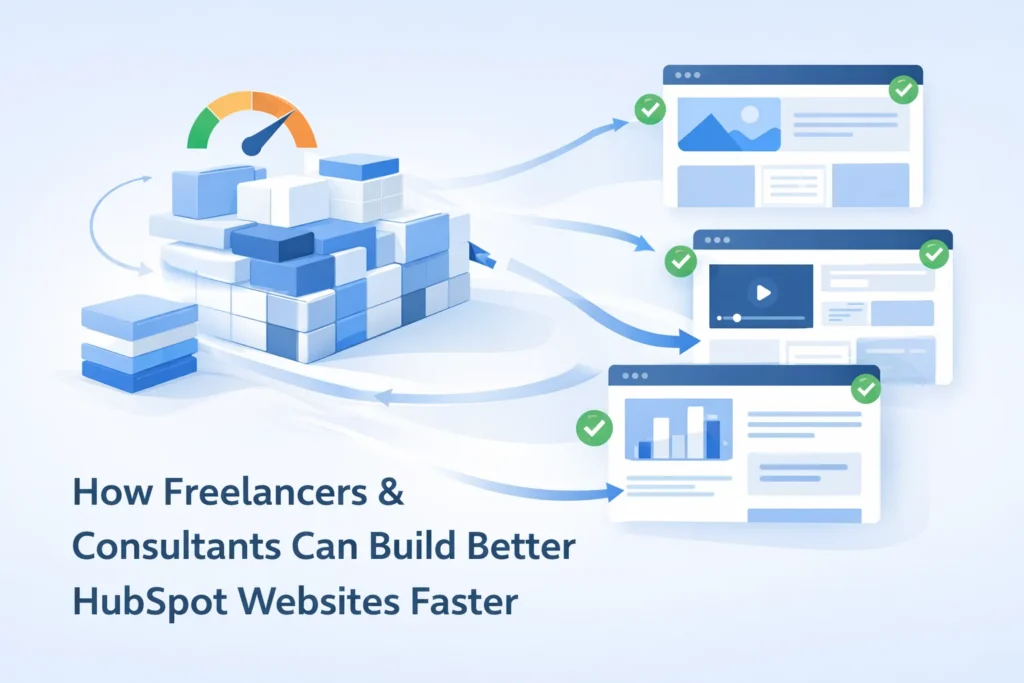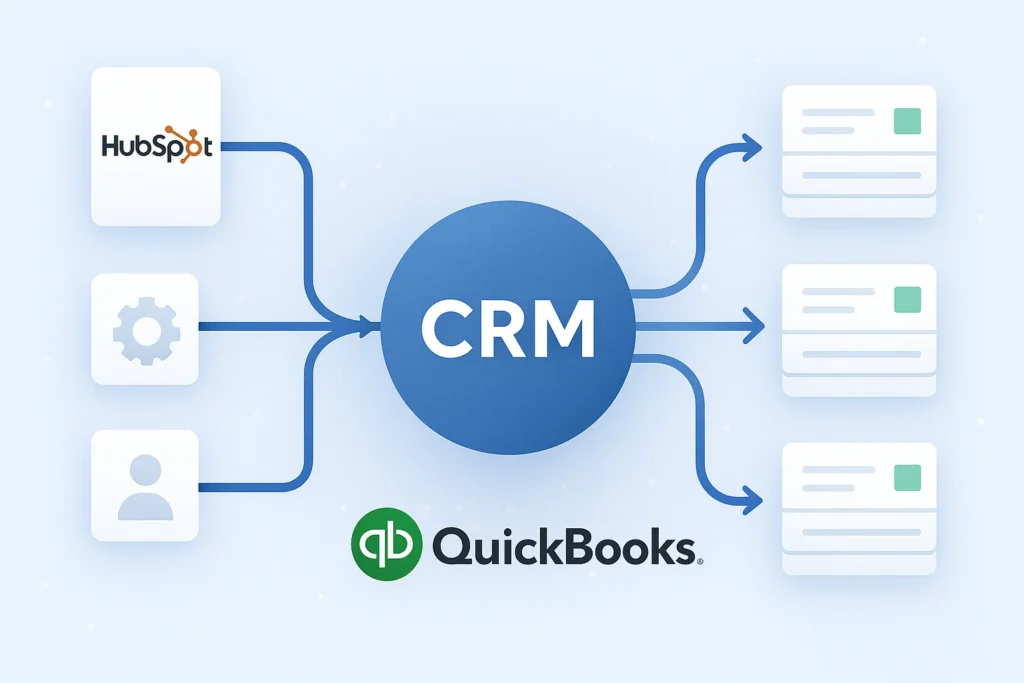Why Every Modern Law Firm Needs a CRM for Law Firms
Law firms that rely on scattered systems and manual work risk missed deadlines, unhappy clients, and lost revenue. A CRM for Law Firms is not just software—it is the law practice management software that brings matter management, document management, billing automation, and client intake into one secure system. Below are clear, human solutions to the common problems firms face without a dedicated CRM for Law Firms
Table of Contents
1. Disorganized Case and Document Management
Solution: Use your CRM for Law Firms as the single source of truth for every matter. Link client records to case files so pleadings, contracts, evidence, and correspondence live in one searchable place. Implement document version control and metadata tagging to prevent duplicate drafts. When integrated with a document management system, your CRM also supports secure sharing, e-signatures, and faster document retrieval—saving hours each week and protecting institutional knowledge.
2. Missed Notifications and Deadline Risks
Solution: Configure deadline management inside your CRM for Law Firms to ensure no court date, statute of limitations, or filing deadline is overlooked. Automated calendaring and task reminders can be sent via email, SMS, or in-app notifications. Combine this with workflow checklists for each matter type so activities move forward with accountability and timestamped audit trails. According to the American Bar Association, missed deadlines are one of the most common reasons lawyers face malpractice claims, making reliable scheduling tools essential. This approach reduces malpractice risk and avoids penalties, keeping your case management system dependable and compliant..
3. Fragmented Communication
Solution: Centralize all client and team communications within your CRM for Law Firms. Automatically log emails, calls, and notes directly into matter records, creating a complete interaction history. Secure client portals make it easy to share updates, exchange documents, and answer client questions without relying on unsecure email threads. Templates for intake forms and status updates ensure consistent communication, improving client satisfaction and reducing misunderstandings.
4. Inefficient Task Delegation and Tracking
Solution: Build legal workflows into your CRM for Law Firms to assign tasks based on case type, attorney availability, or workload. Predefined task templates for litigation, corporate closings, or family law matters make delegation structured and repeatable. Dashboards highlight bottlenecks and overdue items, giving managers the insights to balance workloads. Time tracking integrated into these tasks connects directly to legal billing software, ensuring accurate invoicing and better realization rates.
5. Complex Billing and Contract Version Control
Solution: Integrate legal billing software and trust accounting with your CRM for Law Firms to simplify invoicing. Automatically generate invoices from logged time entries and apply retainers or pre-agreed fee arrangements. For contracts, use check-in/check-out tracking and template-driven creation so revisions are always versioned and recoverable. This improves cash flow, reduces disputes, and ensures every client gets a clear, accurate bill.
6. Limited Visibility and Reporting
Solution: Use your CRM for Law Firms as a law firm analytics hub. Configure KPIs such as case cycle time, collection rates, and client acquisition costs. Build dashboards that allow drill-down by attorney, matter type, or client segment. Scheduled reports keep partners and practice managers informed without pulling data manually. These insights transform raw data into strategic decisions, helping your firm grow with confidence.
7. Security and Compliance Gaps
Solution: Select a CRM for Law Firms with enterprise-grade security, including encryption at rest and in transit, multi-factor authentication, and role-based permissions. Use secure client portals to exchange sensitive information and configure retention policies to stay compliant with legal and regulatory standards. Detailed audit logs make responding to discovery requests or audits faster and more defensible.
Conclusion
A CRM for Law Firms is more than just technology—it is the foundation for efficient case management, secure client communication, automated billing, and compliance. By centralizing your processes into one law practice management software, you can eliminate operational bottlenecks and focus on delivering high-quality legal services.
If you are still unsure whether your firm needs a dedicated CRM, read our detailed guide on the problems law firms face without a CRM. It will help you understand the real costs of operating without one.
To make the transition simple, we are offering free onboarding that includes secure data migration, workflow setup, and hands-on staff training. Whether you want smoother client intake automation, improved case tracking, or worry-free compliance, our team will help you get there from day one.
Take the first step toward a more efficient, organized, and profitable law practice—book your free CRM consultation today.






 Blog
Blog Case Studies
Case Studies Career
Career